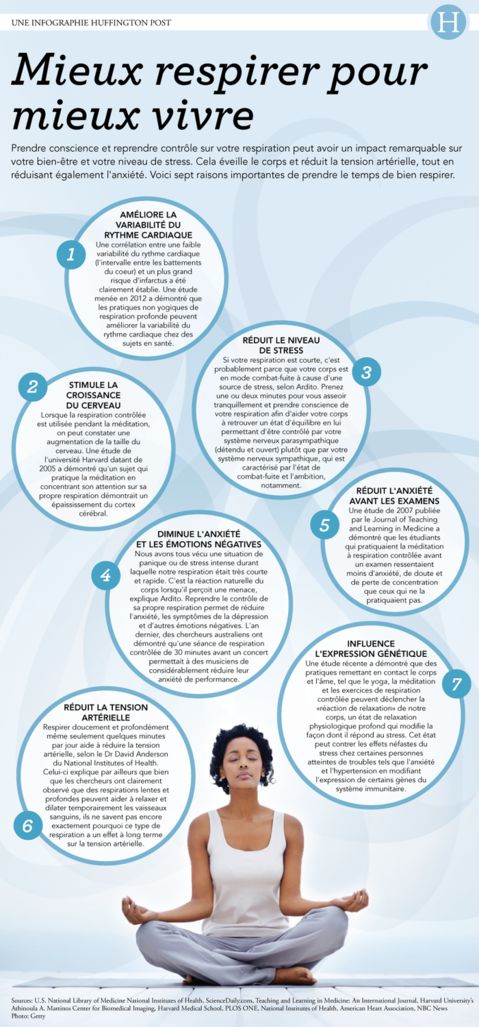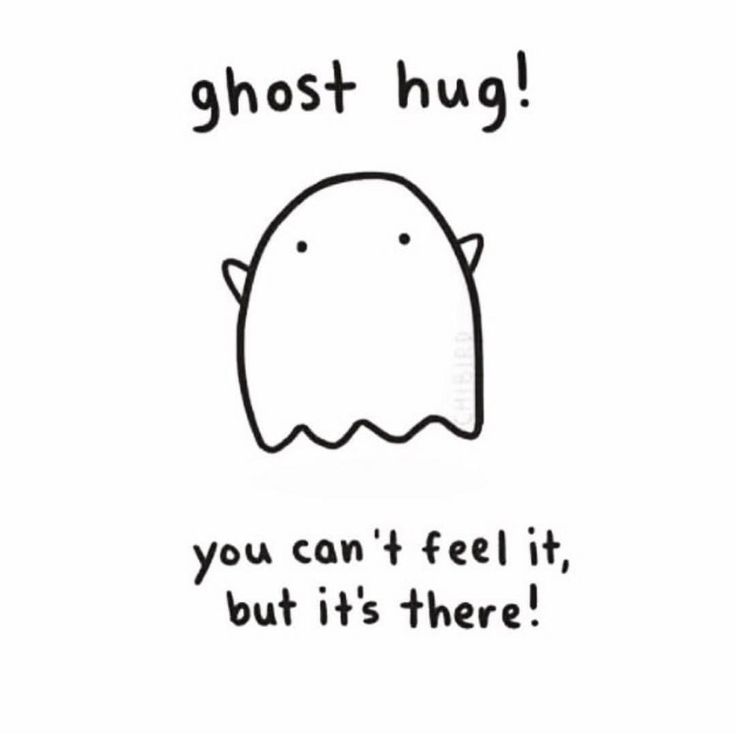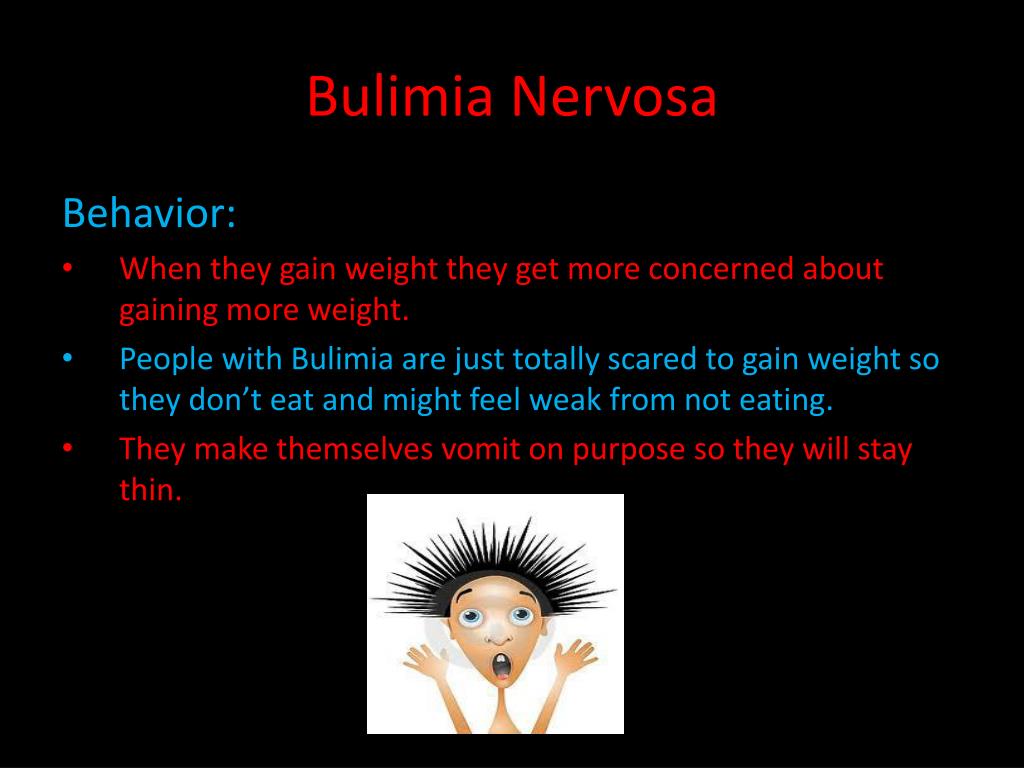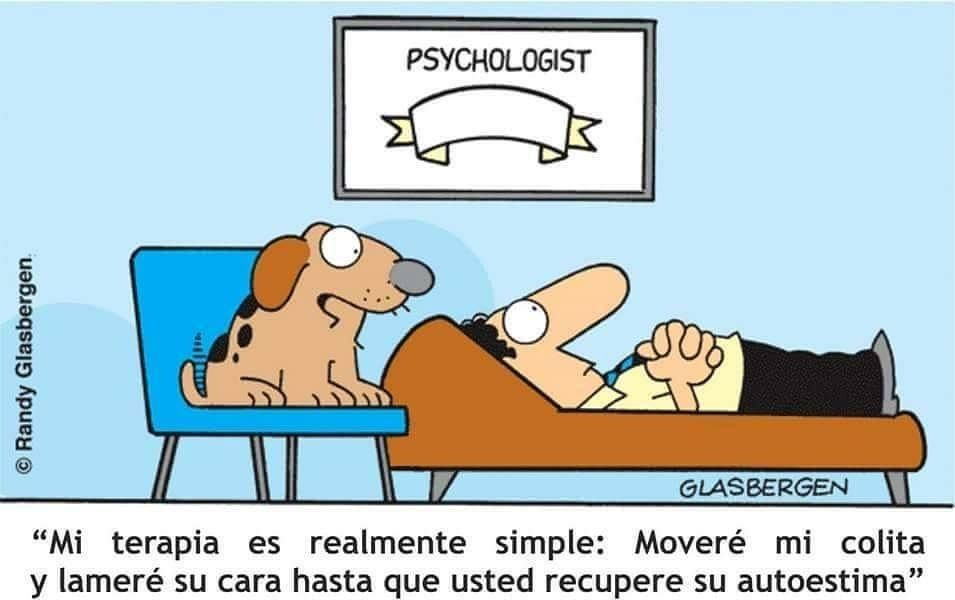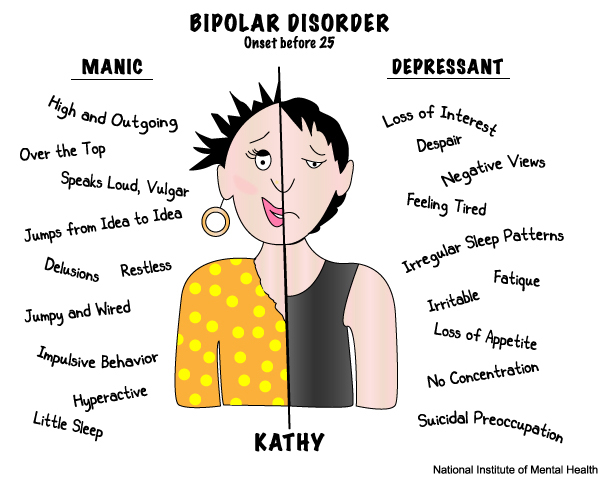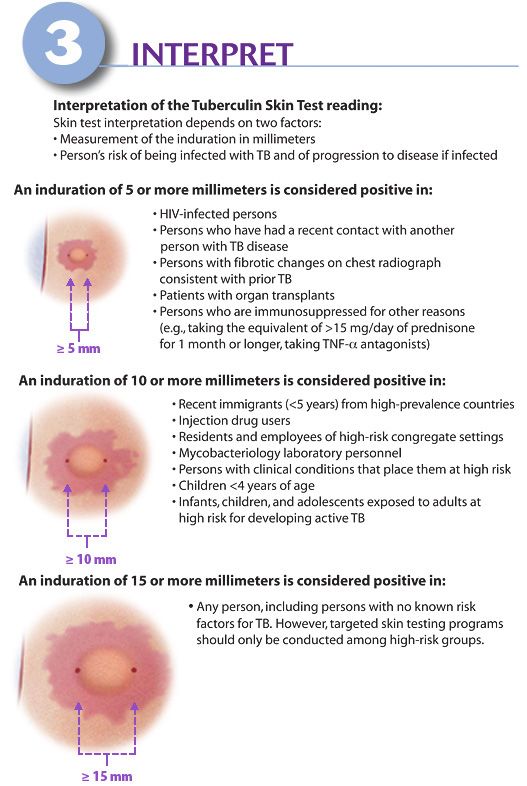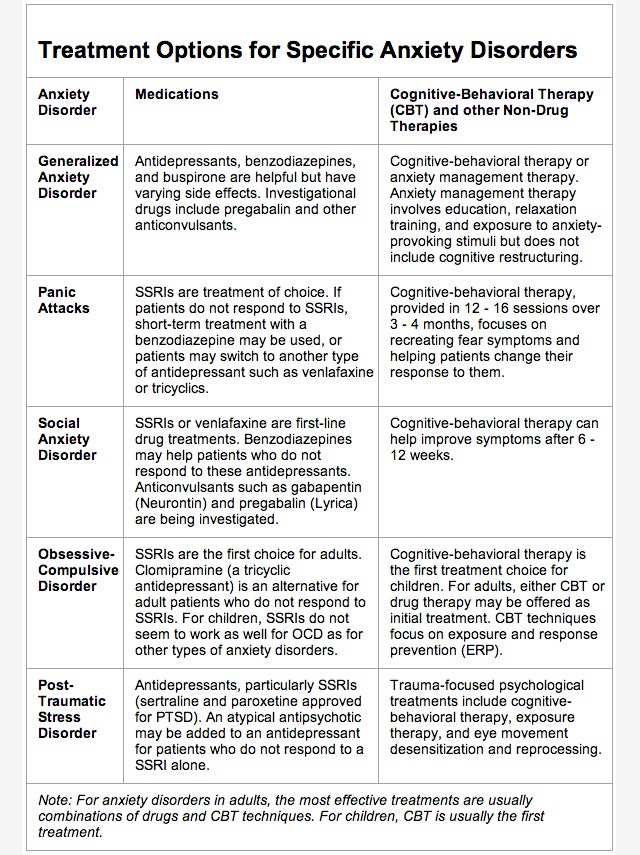5 things anxiety
Unwind This Monday With the 5-4-3-2-1 Grounding Technique
Stress and anxiety are often the biggest obstacles when it comes to important moments in our lives. While situations such as receiving a promotion at work, taking final exams, going on a flight, and performing in a sports competition can be exciting and positive experiences, without proper stress management, the fear of failure and need for success can have a negative impact on not only the results, but our long-term health.
That’s where the 5-4-3-2-1 Grounding Technique comes in, as it is designed to ease your state of mind so that you can get through stressful moments. The goal with this exercise is to use the five senses to focus on the moment and avoid multiple anxious thoughts that can get in the way of your progress.
Deep, slow, and long breaths are your first priority for achieving a calm state before proceeding to the following steps:
5. SEE: Acknowledge five things that you can see around you. Options can range from a pen or stapler at your office to a bird or tree while you’re out at the local park. If you’re at home, you can look at a family photo on the wall or a glass of water on the kitchen counter. You can pick between big and small items to keep your options open.
4. TOUCH: Acknowledge four things that you can touch around you. You can start with your hair, hands, elbows, and other parts of your body if you’re short on time. The ground beneath your feet, whether it’s the floor of your bedroom or the office at work, also helps. Pillows, desks, phones, and keyboards can fit this step.
3. HEAR: Acknowledge three things you can hear around you. Instead of listening to your own thoughts or sounds from your body like your stomach growling, focus on external noises. Examples include someone driving a car nearby, a clock ticking, or a dog barking. If you’re at work, you can listen to typing and the steps of people walking by your desk.
2. SMELL: Acknowledge two things around you that you can smell. This step may be a challenge compared to the others, so it’s best to go to a place with more sources of scent if you don’t smell anything wherever you are at the moment. The outdoors has plenty of options for smells, and the soap in bathrooms also helps. Your furniture can provide pleasant smells for this step when you’re home.
1. TASTE: Acknowledge one thing around you that you can taste. It doesn’t necessarily have to be food, as toothpaste and minty floss you use in the morning or at night are easy sources. You can also go with the cinnamon-raisin oatmeal you have for breakfast, the sandwich and chips you have for lunch, or the pasta primavera you have for dinner. Coffee, tea, and other drinks you have to get through the day also work.
End this exercise with a long, deep breath.
With these steps, you will be able to get the most out of the moment. Focusing on your senses will help you be more mindful, which will then help you accomplish your tasks and experience success.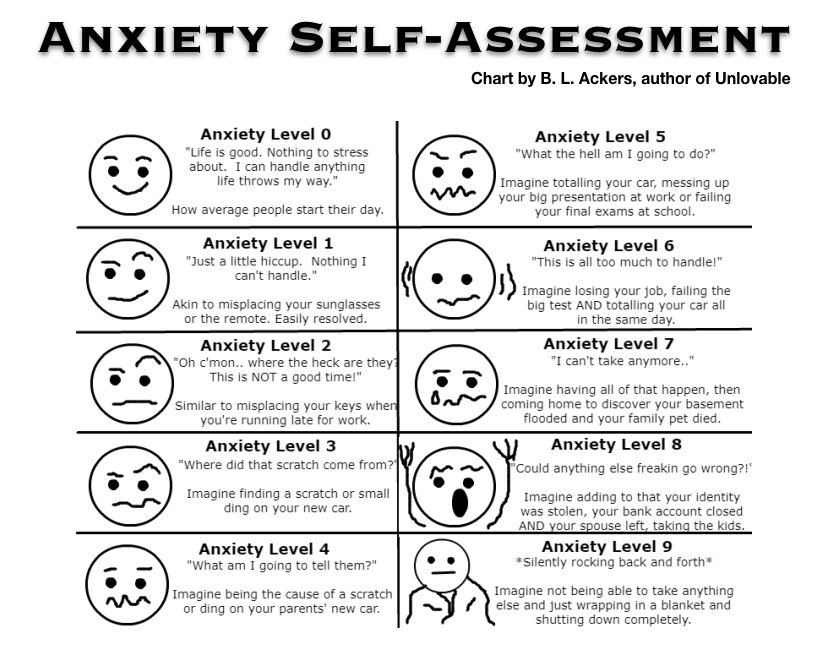 As a result, you can defeat your anxiety and feel in control of your life. Put this technique into practice to so that you can improve your health and make those big days fun!
As a result, you can defeat your anxiety and feel in control of your life. Put this technique into practice to so that you can improve your health and make those big days fun!
Looking for more simple stress management practices? Our free DeStress Monday resources cover everything from deep breathing to positivity with the help of engaging infographics, GIFs, and instructional videos. Check out all our resources and start a new mental wellness routine today!
The Best 5-Senses Grounding Techniques for Anxiety Relief
Everyone feels anxious at one time or another. But did you know that engaging your five senses may help calm your worries?
Not everyone experiences anxiety in the same way, and what may offer anxiety relief to you may not work for someone else.
While many people take medications or attend therapy to manage anxiety symptoms, exercises that engage your five senses may also be helpful. This is particularly so when you need something that works right here, right now.
Indeed, intentionally focusing on hearing, touch, smell, taste, and sight might offer quick relief.
For someone with anxiety, knowing how to effectively use all five senses can be a powerful tool.
Grounding techniques are strategies that help connect or “ground” you in the present moment. They’re essentially a form of mindfulness, which has been shown to help many different mental health conditions.
A large 2014 research review with nearly 19,000 studies concluded that mindfulness-based stress reduction programs can ease symptoms of anxiety, depression, and pain.
Experts believe that grounding techniques, specifically, help you detach from emotional pain, so you can better regulate your emotions.
Grounding encourages you to take a break from your negative thoughts that may be causing anxiety until you’ve calmed down.
Grounding methods for anxiety are different from other relaxation exercises in that they focus heavily on distractions and quieting extreme emotions.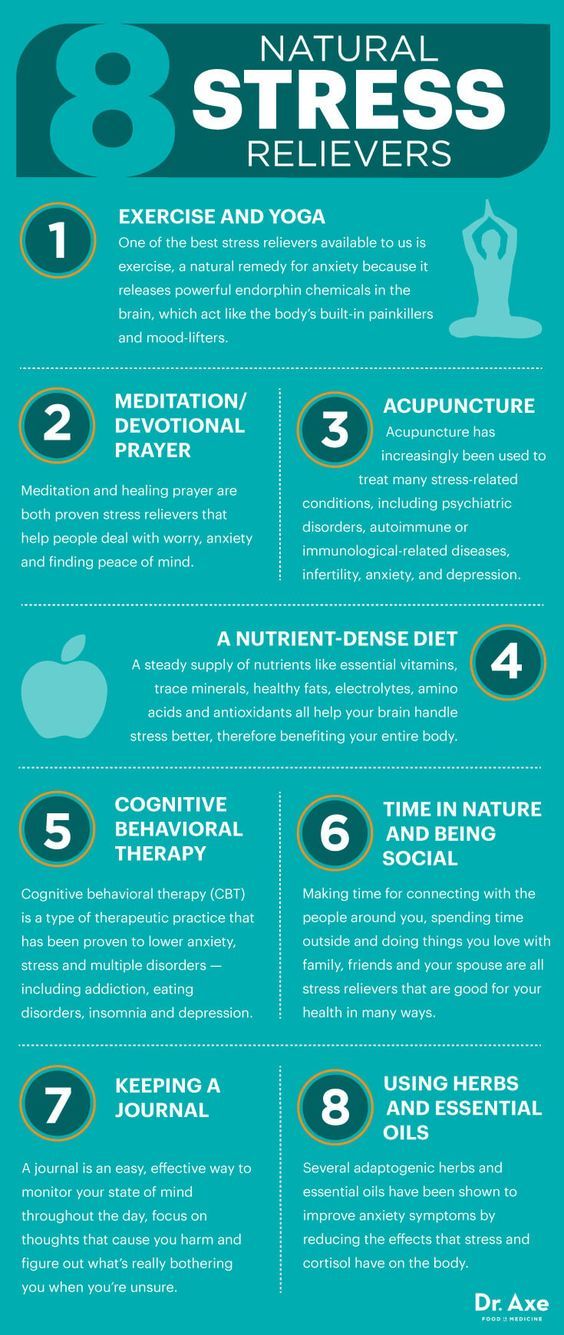
A small 2015 study found that just 1 hour of grounding exercises helps improve mood in people with anxiety and depression more than relaxation alone.
An added benefit of grounding techniques is that they can be done at any time, without anyone else knowing that you’re using them.
One popular grounding technique is the 5-4-3-2-1 method. Here’s how to practice your five senses grounding.
First, you may want to start with a simple deep breathing exercise called the 5-5-5 method. To do this, you breathe in for 5 seconds, hold your breath for 5 seconds, and then breathe out for 5 seconds.
You can continue this process until your thoughts slow down or you notice some relief.
When you can find your breath, try practicing the 5-4-3-2-1 technique. For that, you want to look around and focus on:
- 5 things you see
- 4 things you feel
- 3 things you hear
- 2 things you smell
- 1 thing you taste
The idea is that the 5-4-3-2-1 technique helps you shift your focus to what’s currently happening around you instead of what’s making you feel anxious.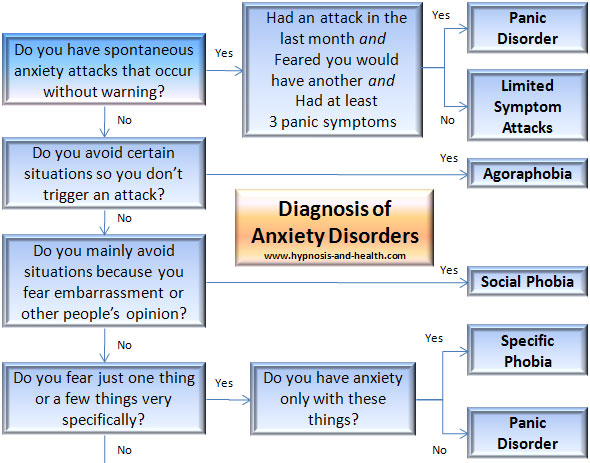
Focusing on each of your senses is a simple way to distract yourself from those thoughts that may be causing your anxiety.
Consider choosing a couple of exercises for each sense and trying to focus all your attention on the sensations.
Sight
To engage your sense of sight, here are some ideas:
- Look at every little detail on a family photo on the wall.
- Focus on a small object, such as a pencil or coffee mug, and identify every color and shape.
- Look at the sky for clouds, birds, sunrises, or anything else you can spot around.
- Focus your attention on a plant or flower and how it moves with the wind.
- Observe a pet while they play or rest.
You can pick large or small items to focus on. Once you choose an object, try to notice the color, texture, and patterns.
Touch
Activating your sense of touch can help distract you from anxious thoughts and may help you decrease the physical signs of anxiety.
You might want to try these exercises:
- Put your hands under running water, alternating between warm and cold temperatures every 30 seconds.

- Focus on how your clothing feels on your body or how your hair feels on your head.
- Touch different body parts by pressing down and holding for 30 seconds before moving to a different area.
- Touch the furniture in your living area and focus on its texture. For example, take notice of a smooth table.
Hearing
Focusing on external sounds can help ground you in the moment.
Here are some noises to notice:
- a barking dog
- a stomach rumbling
- a clock ticking
- traffic outside
- a car or subway engine
- music
- conversation
- birds singing
- the wind blowing
Smell
To incorporate smell into your grounding techniques, you may want to try these tips:
- Walk into your bathroom and sniff a bar of soap or shampoo.
- Light a scented candle.
- Diffuse a scented oil.
- Take in simple smells around you, such as the scent of a pillow on the couch or a pencil.
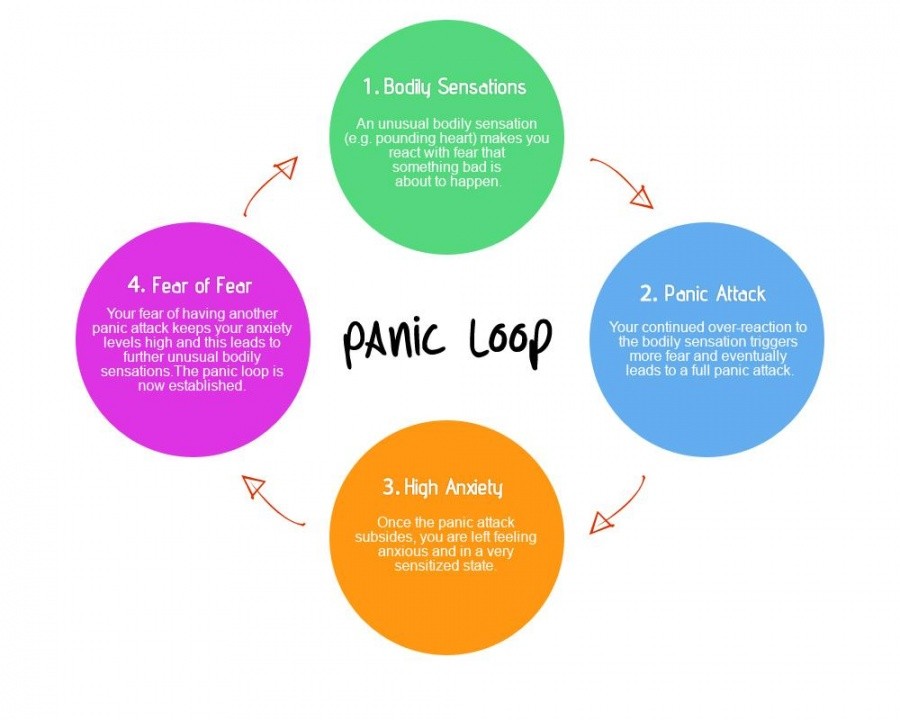
- Walk outside and breathe deeply through your nose. Maybe you will smell fresh cut grass or flowers blooming.
Taste
Try to pick something that you can easily taste, such as:
- a piece of gum
- a mint
- coffee
- sugar and salt
- a piece of food
You don’t actually have to taste these items if you don’t have them on hand. Instead, try thinking about the distinct flavors as you remember them.
Here are some additional tips to consider that can help when trying to engage your 5 senses to calm down:
- Begin grounding yourself in your senses as soon you realize you’re experiencing strong emotions or a difficult mood.
- Don’t make good or bad judgements. For instance, if you’re focusing on a brown wall but don’t like the color brown, simply tell yourself: “The wall is brown,” instead of, “I don’t like brown.”
- Do your best to focus on the present, not the past or future. If your thoughts wander, softly bring them back to your senses.
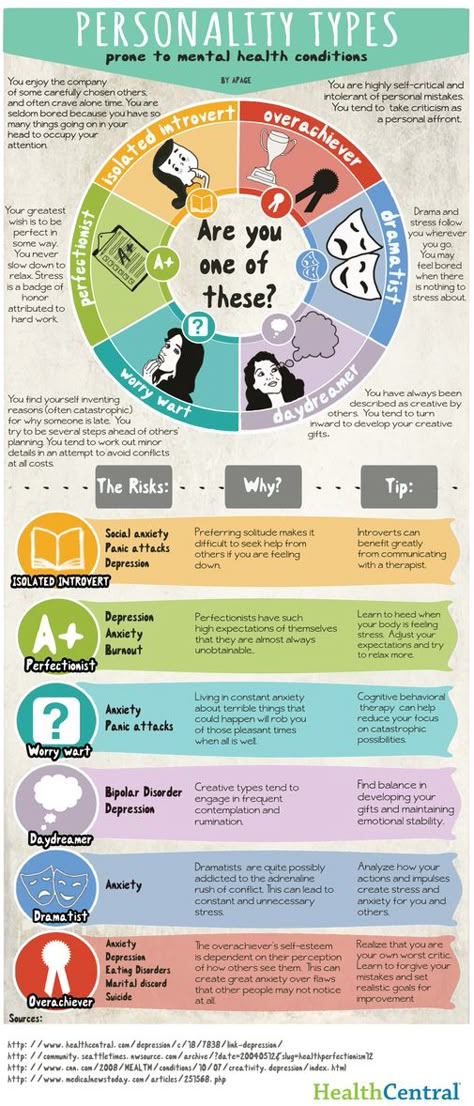
- Notice your mood before and after using a technique to see if it’s working for you. You might want to use a scale of 0 to 10 to rate your symptoms. Noticing relief may calm you down even more.
- Be flexible. If you notice one method is more successful than another, stick with that without judgement.
- Don’t give up. It might take a few attempts before grounding methods are successful.
Engaging all your five senses may help reduce symptoms of stress and worry.
You can follow simple grounding exercises that activate your five senses — sight, touch, hearing, smell, and taste. For example, simply listening to birds chirping or smelling fresh cut grass could help you focus less on your anxious thoughts and more on the present moment.
If you’re having a difficult time managing your anxiety, you may want to consider reaching out to a mental health expert. They can provide you with additional tools to manage your symptoms and discover the root cause of the anxiety.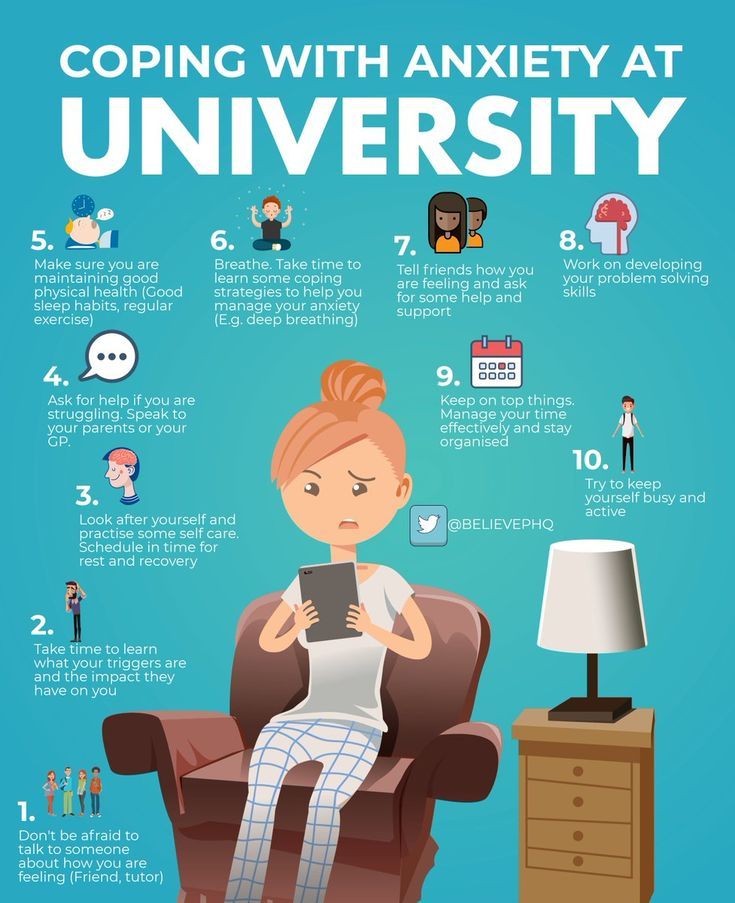
Pandemic without stress: six ways to cope with anxiety , 04/09/2020
Pandemic without stress: six ways to cope with anxiety.04.2020
2020-04-09T18: 57
2020-04-09T18: 57
2020-04-09T18: 57
Coronavirus distribution
Society
Infographic
Psychology
Practitioners
Practical Councils-Practical Councils- ria real estate
coronavirus covid-19
/html/head/meta[@name='og:title']/@content
/html/head/meta[@name='og:description']/@content
https://cdnn21.img.ria.ru/images/07e4/04/09/1569820371_1:0:1000:562_1920x0_80_0_0_f54ed98985b4026d57193c30c27cf0cc.png
The rapid spread of the COVID-19 coronavirus infection is bringing more and more anxiety into our lives: the number of sick and dead is growing, businesses are collapsing, borders are closing. We are forced to constantly stay at home and get used to working remotely. As a result, two of our basic needs - safety and community - remain unmet, which leads to the development of stress.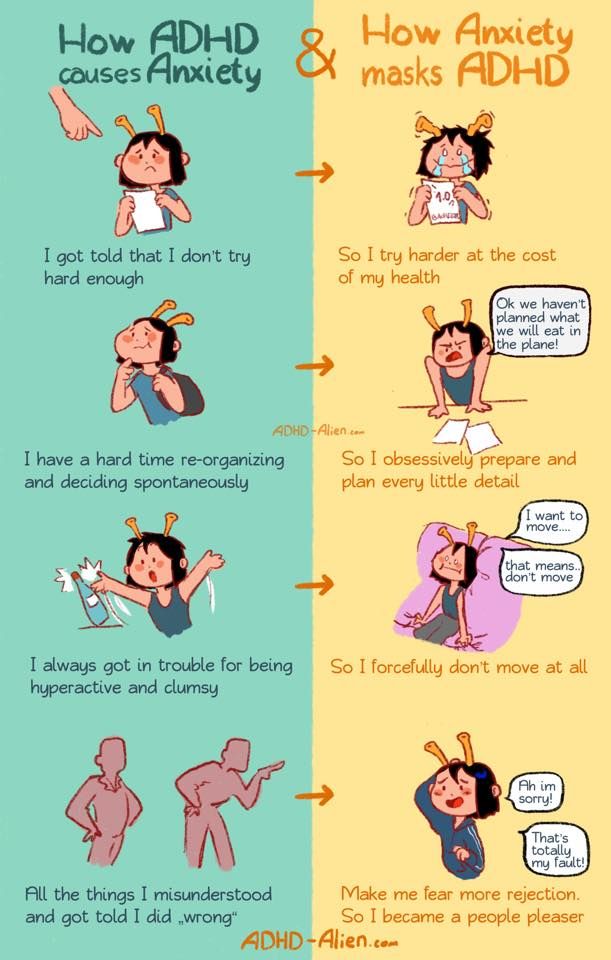 See infographics Ria.ru how to help yourself in this difficult situation. nine0003
See infographics Ria.ru how to help yourself in this difficult situation. nine0003
RIA Novosti
1,000 .xn--p1ai/ awards/
2020
RIA Novosti
1
5
4.7
Internet-grian.ru
7 495 645-6601
FSUI MIA "Russia today »
https://xn--c1acbl2abdlkab1og.xn--p1ai/awards/
News
ru-RU
https://ria.ru/docs/about/copyright.html
https://xn--c1acbl2abdlkab1og.xn--p1ai/
RIA Novosti
1 9002 5
4.7
96
7 495 645-6601
Rossiya Segodnya
https://xn--c1acblog.xdlkab03 https://xn--c1acblog.xdlkab03
1920
1080
true
1920
1
5
4.7
9000 9000
7 495 645-6601
FSUE MIA "Russia Today"
https: //xn--c1acbl2abdlkab1og.xn- p1ai/awards/
infographics, society, psychology, infections, practical tips - ria real estate, covid-19 coronavirus, health, tips nineteen, Health, Tips
Five Steps to Cope with Exam Anxiety - News - Higher School of Economics National Research University - National Research University Higher School of Economics
Students are starting exams soon, term papers and final papers defense is always a difficult period for many , and in the new circumstances to which we adapt, anxiety may rise.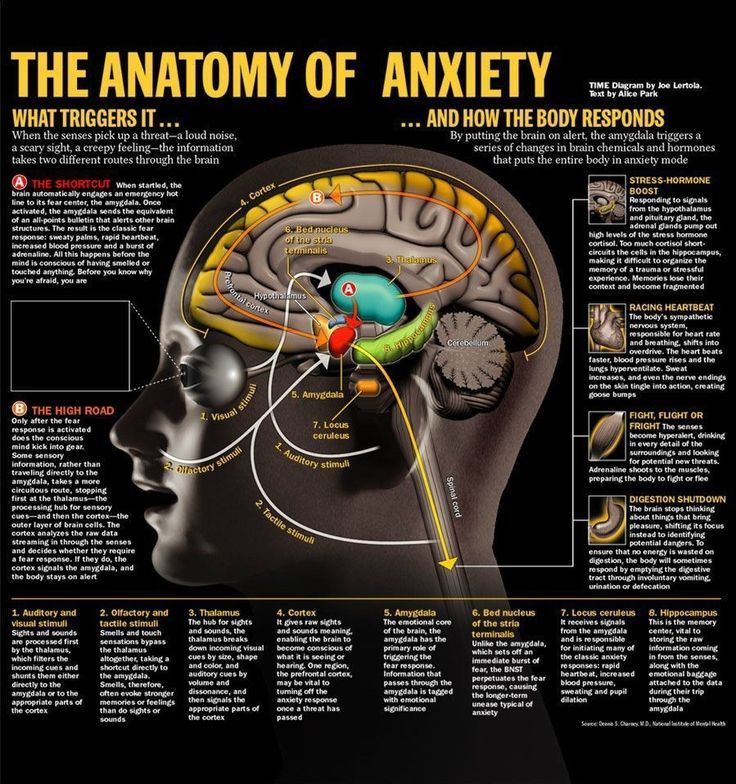 CPC psychologist Dina Zafesova shared some tips on how to deal with this.
CPC psychologist Dina Zafesova shared some tips on how to deal with this.
Each of us at least once faced with anxiety on the eve of some significant event - before a speech, an answer at a seminar, an exam, at an interview, when talking with someone we like, etc. Often this causes a variety of unpleasant sensations . nine0003
We experience anxiety quite often in our lives, but we rarely think that it is completely natural and normal. Anxiety arises in situations where we need to orient ourselves, gain understanding and support, it indicates the significance of the event, helps us see our needs and prepare to overcome difficulties.
In this situation, it is important to understand what exactly is happening to us, to accept and help ourselves in this. If we mark something inside as abnormal, bad, then, as a result, we try to suppress it in ourselves. This behavior does not help us deal with anxiety. It is important to recognize that what is happening to you is normal.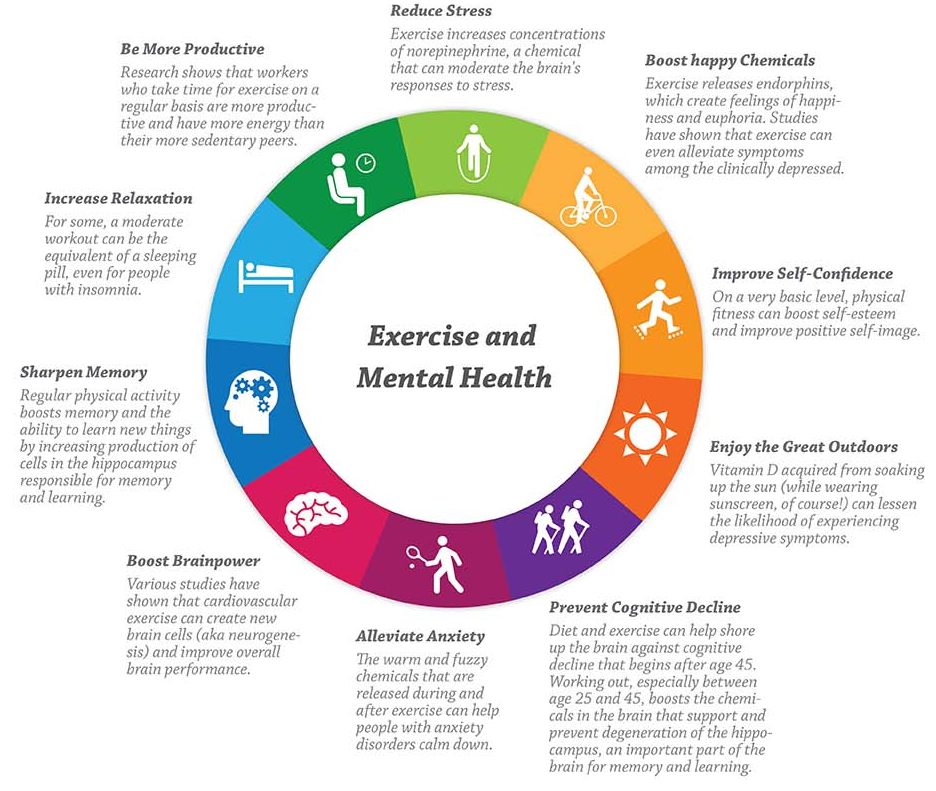 This carries some important information for you, tells you what to do in this situation. nine0003
This carries some important information for you, tells you what to do in this situation. nine0003
In anxiety, our attention shifts from the present to the past or future. We remember a bad experience, regret something, scold ourselves, think “what if I were at that moment ...”. We draw gloomy pictures of the development of future events in our imagination, we worry that something undesirable for us will happen that does not fit into the desired scenario.
Support is lost, self-confidence is lost, doubts arise, feelings that some kind of threat is approaching. We can hardly stand uncertainty - we are unsettled by the inability to predict how and how the disturbing experience will end. There is a feeling of loss of control, the inability to influence what scares. Thoughts either disappear altogether, or spin in the same circle. Sometimes we can't even figure out why we're anxious, and sometimes we know exactly why we're worried. nine0003
Anxiety cannot disappear completely: normally, this condition disappears only when the stress factor disappears. The main goal is to help yourself endure this state and reduce anxiety as much as possible.
The main goal is to help yourself endure this state and reduce anxiety as much as possible.
How to cope with anxiety
1. Notice that you are in anxiety and direct your attention to it. You need to tell yourself that this is normal - this is your condition, which indicates something that you need to help yourself with.
2. Ask yourself what exactly do you feel when you are anxious? What are your feelings, thoughts, feelings, what do you start to do? Gather information about yourself to identify help points.
3. What exactly are you worried about? What are the causes of your condition?
For example, you have to take an exam remotely. You worry about how everything will go, how you will look, whether you can answer all the questions. Perhaps you feel that the channels of information that are important to you about how the teacher reacts to you will be limited - his facial expressions, postures, gestures, non-verbal reactions.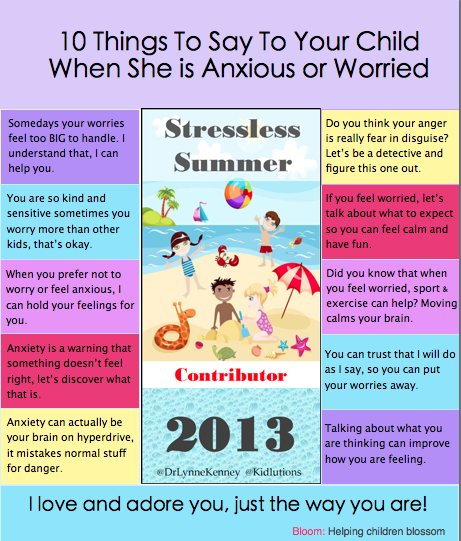 Or you know that you have gaps in knowledge, you missed classes and are afraid that the teacher will be dissatisfied. In such a situation, one can feel anxiety, fear, guilt, regret, disappointment, insecurity. Thoughts revolve around the fact that you will not get the desired grade or fail. So you start to procrastinate, avoid preparation, get irritated. nine0003
Or you know that you have gaps in knowledge, you missed classes and are afraid that the teacher will be dissatisfied. In such a situation, one can feel anxiety, fear, guilt, regret, disappointment, insecurity. Thoughts revolve around the fact that you will not get the desired grade or fail. So you start to procrastinate, avoid preparation, get irritated. nine0003
Also read
“If you want to lie on the bed – lie well”
Why do we procrastinate and how to deal with this feeling – says CPC psychologist Dina Zafesova
4. Identify points of help for yourself and write them down.
For example:
New circumstances for me.
Anxiety about what is not done well, expectation of criticism.
Physical state - bodily sensations, tension in the body.
Terrible pictures of developments. nine0003
A state of uncertainty, self-doubt, lack of support and loss of control, fear.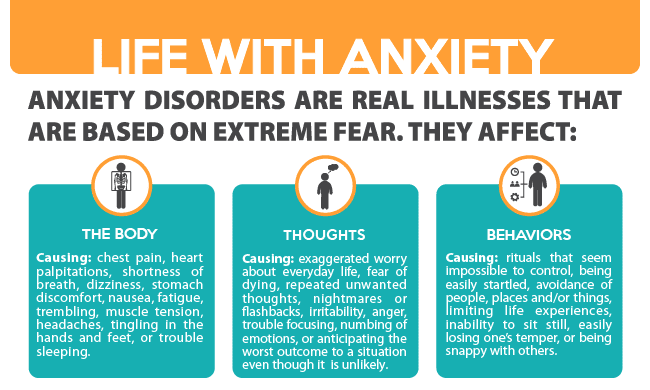
Inability to prepare better due to my condition.
5. Think about what will help you manage or reduce your anxiety on each item.
In the new circumstances, we need to get guidance, increase the predictability of the situation. You can ask others, read descriptions, organize preliminary training re-enactments of the event. Your goal is to get as much information as possible about the alarm event from all possible sources and activities. nine0003
When we know we have done something wrong, we may feel guilty. Here we take responsibility and look for redemption scenarios: admitting mistakes and doing something to make up for the harm. This may manifest itself in agreeing and accepting a well-deserved downgrade, or in an effort to correct the situation, if possible.
Physical exercises to relieve anxiety
In anxiety, ways to help yourself through the body are very effective, since our psychological state is connected with our physical state.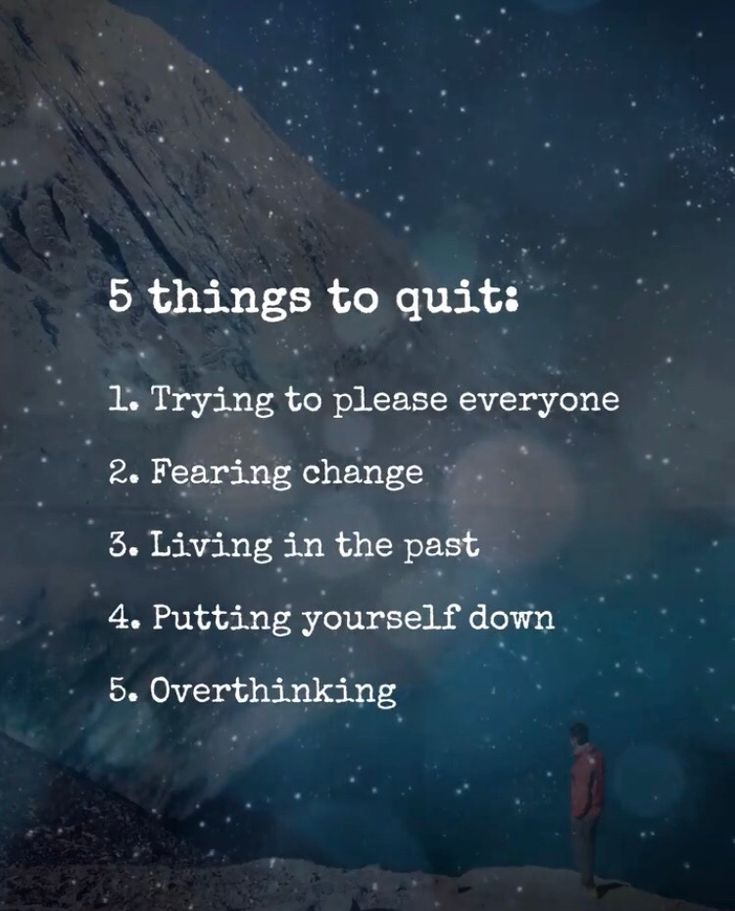 Anxiety is a state of stress that activates the production of certain hormones in the body. By influencing their content in the body, you can help yourself. nine0003
Anxiety is a state of stress that activates the production of certain hormones in the body. By influencing their content in the body, you can help yourself. nine0003
Find physical activities that include stretching and relaxation. Your goal is to learn how to relieve yourself of stress, relax. Breathing exercises with an emphasis on exhaling or holding the breath are very helpful in reducing the oxygen content in the blood and, as a result, the production of adrenaline, which supports anxiety.
You can perform, for example, such an exercise. Sit on a chair, close your eyes, bring your attention to your breath, inhale for 3 counts, exhale for 7. Simultaneously with inhalation, squeeze your toes tightly, hold this state during inhalation, then relax them as you exhale. You will feel the tension leaving your feet. Repeat the action on the muscles of the calves, thighs, buttocks, arms, abs and other parts of the body. nine0003
Worried thoughts appear in anxiety. Switch yourself from these thoughts to something else, bring yourself back to the present moment. For example, through directing your attention to what surrounds you.
Switch yourself from these thoughts to something else, bring yourself back to the present moment. For example, through directing your attention to what surrounds you.
Perform the following exercise: catch your eye on any object: a bag, zipper, phone, banner, etc. You need to concentrate your attention on this thing, examine it in detail, note the color, shape, composition, think about how it ended up in this place. Devote at least 5 minutes to this activity. nine0003
You can also use slow counting up to 10, 100, 1000, consecutive subtraction from one number to another.
Anxiety is a loss of control. Since everything around is uncertain, it becomes impossible to control. Take back control over what you can control: set some specific achievable goals for yourself, schedule your tasks, write down what you need to do in simple and understandable steps, break complex tasks into concrete actions, think over an action plan in case your fears begin to be justified.
